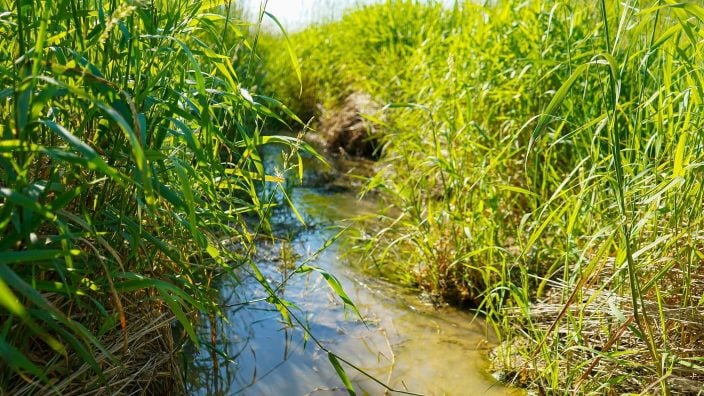2026 priorities discussed at Ohio Farm Bureau’s Ag Day at the Capital
Ohio Farm Bureau members met one-on-one with state legislators and staff to discuss policy priorities impacting Ohio’s farms and rural communities.
Read MoreIn the recommendations, Ohio Farm Bureau expressed disappointment in EPA’s decision to replace the Navigable Waters Protection Rule and explains why the rule should be left in place.
The Ohio Farm Bureau Federation recently submitted recommendations on the definition of “waters of the United States” (WOTUS). The comments were filed with the Environmental Protection Agency and the Army Corps of Engineers. In June 2021, EPA announced its intent to revise the definition of WOTUS and solicited pre-proposal recommendations.
In the recommendations, Ohio Farm Bureau expresses disappointment in EPA’s decision to replace the Navigable Waters Protection Rule (NWPR) and explains why the rule should be left in place:
“The definition of WOTUS is critically important to Ohio farmers. Growing crops and raising animals are water-dependent enterprises. For this reason, farming in Ohio tends to occur on lands where there is either plentiful rainfall or an adequate water supply available for crop irrigation and animal watering. Across the Ohio agricultural landscape, there are many features that are wet only when it rains and that may be located many miles from the nearest ‘navigable’ water. Ohio farmers regard these features as low spots on farm fields.
“The regulation of low spots on farmlands and pastures as jurisdictional ‘waters’ means that any activity on those lands that moves soil or applies any product to that land could be subject to regulation. Everyday farming activities such as plowing, planting, or fence building in or near ephemeral drainages, ditches or low spots could trigger the Clean Water Act’s civil or criminal penalties unless a permit is obtained. The tens of thousands of dollars in additional costs for federal permitting for ordinary farming activities is beyond the financial means of many Ohio family or small business farm owners. In addition, those farmers who can afford it should not be forced to wait months, or even years, for a federal permit to plow, plant, fertilize or carry out any of the other ordinary farming activities on their lands. For all of these reasons, Ohio farmers as well as all farmers and ranchers across the country have a keen interest in how the agencies define “waters of the United States.”
The recommendations from Ohio Farm Bureau also included that in order for law-abiding farmers and other landowners to understand and comply with the Clean Water Act, any definition of “waters of the United States” must provide clarity and certainty. The agencies should avoid including vague terminology that landowners and regulators will be unable to apply without having to undertake burdensome scientific determinations, incurring large financial cost and delaying ordinary farming activities.
“Clarity and predictability are paramount. Farmers need a rule that draws clear lines of jurisdiction that they can understand without hiring consultants and lawyers.”


Ohio Farm Bureau members met one-on-one with state legislators and staff to discuss policy priorities impacting Ohio’s farms and rural communities.
Read More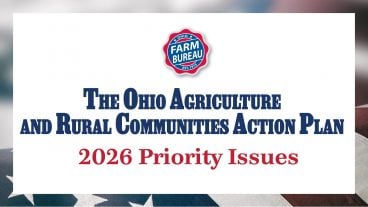
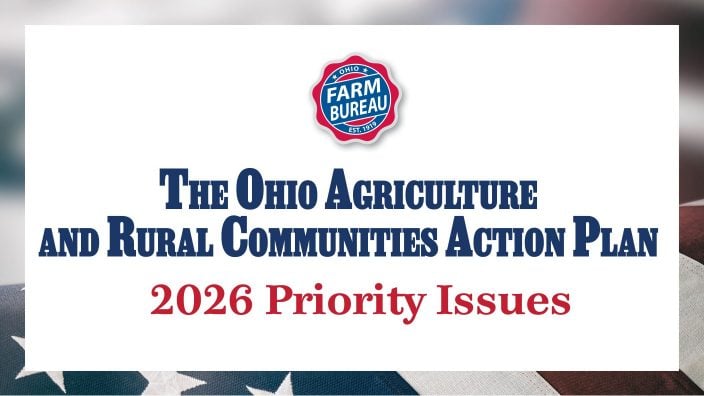
The plan provides a blueprint for policymakers and Ohio Farm Bureau members to bolster Ohio’s agriculture industry and our rural communities.
Read More

Introduced by Sen. Paula Hicks-Hudson, SB 120 would establish the Urban Farmer Youth Initiative Pilot Program.
Read More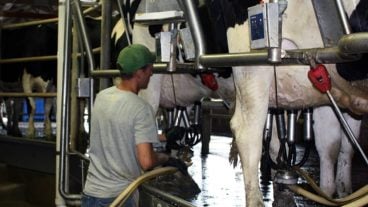
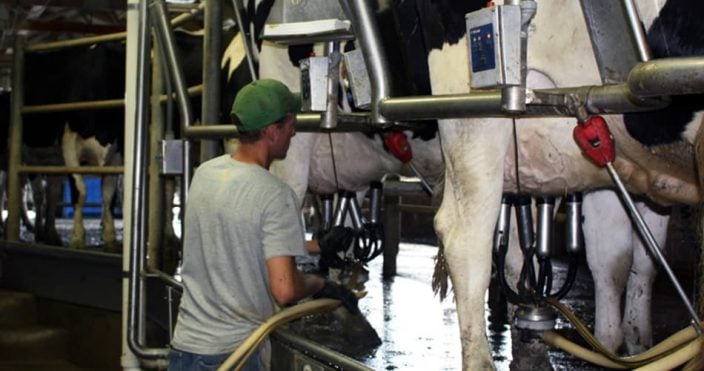
Join the Logan County Farm Bureau to learn more about pressing topics for your farms on Thursday, Feb. 26.
Read More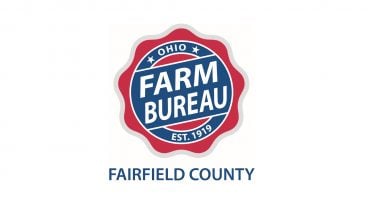
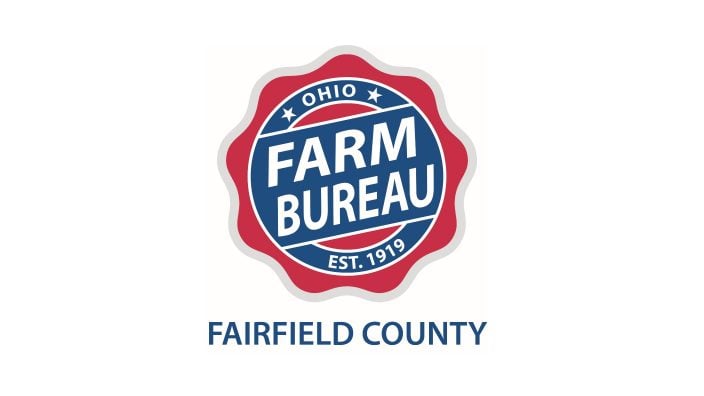
The meeting will take place Feb. 16, 2026, at 8 a.m. on the campus of Ohio University, Lancaster. RSVP by Feb. 12, 2026.
Read More

Leah Curtis joins this Legal with Leah to talk about what data centers mean for local communities and how to stay engaged in the development process
Read More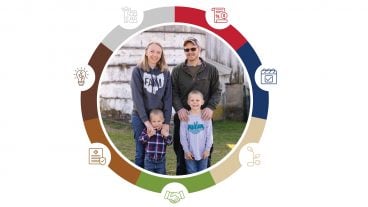
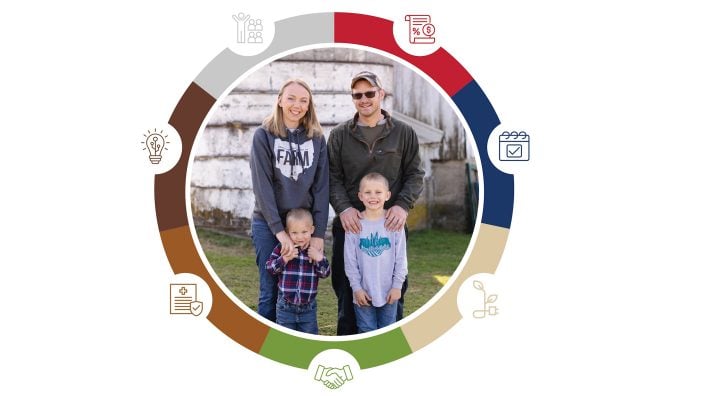
This 2025 By The Numbers report shares some of the public policy achievements and member programs that deliver value to all Ohio Farm Bureau members.
Read More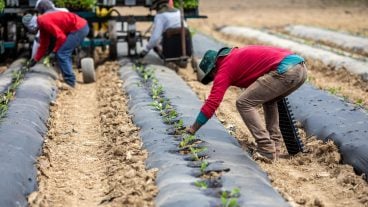
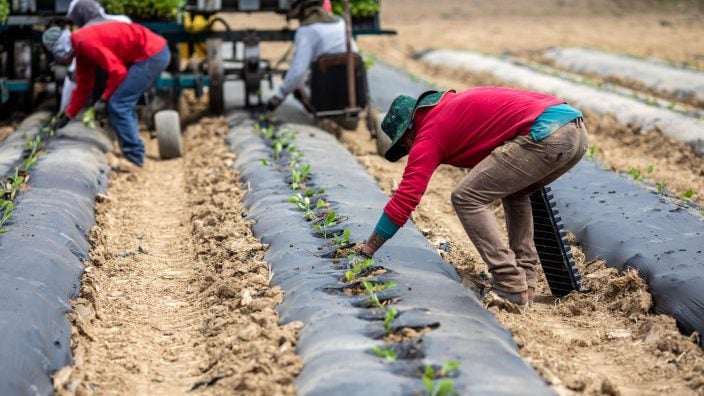
A recent state budget fix and a federal rule reform to H-2A have resulted in some relief for farmers who use the guest worker program.
Read More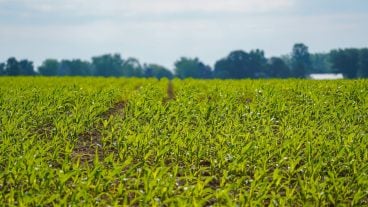
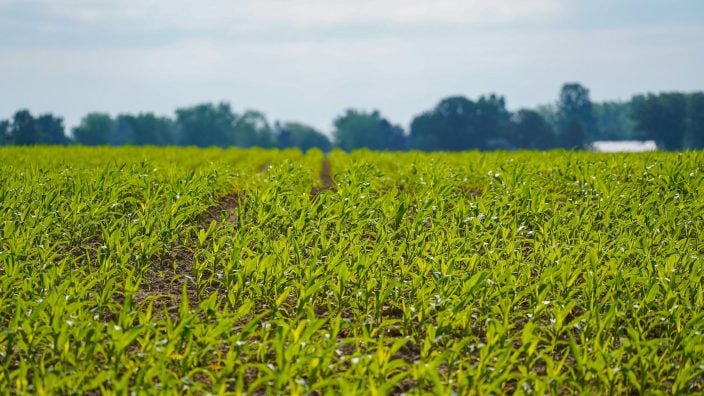
Ohio Farm Bureau advocated for a change in the law to allow family members and employees to handle pesticides while under the supervision of a licensed applicator. The rules around HB 10 are being finalized.
Read More

Four property tax reform bills were signed into Ohio law at the end of 2025. Ohio Farm Bureau Associate General Counsel Leah Curtis breaks down the bills and what the changes mean for Ohioans.
Read More